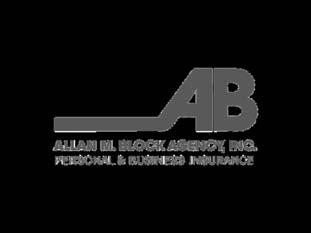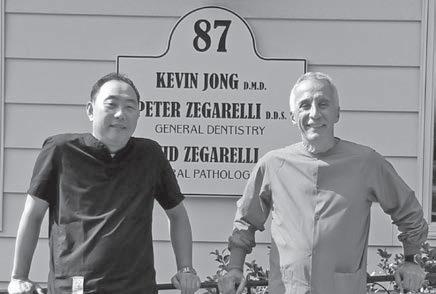
2 minute read
Oh Wilderness!
Edith Litt
Twice in my lifetime, I’ve flown over vast stretches of wilderness. The first was 50 years ago, flying for hours over the Sahara Desert. The second was this summer, flying over northern Canada and Alaska. Wilderness, trees and water, no visible roads or homes, untouched nature.
Advertisement
My plane landed in Anchorage, Alaska’s largest city, which has a population of less than 300,000. According to Google: “Alaska contains 586,000 square miles of land. It is 488 times larger than Rhode Island, two and a half times larger than Texas, and larger than the next three largest states in the U.S. combined. Alaska’s population is 731,449 (2012 estimate)”. Alaska is huge; its population is not. It is filled with untouched wilderness.
Anchorage isn’t really a city by a New Yorker’s standards. It’s got a lot of really big parking lots, a few short skyscrapers, an interesting museum, and, when I was there, a lot of salmon trying to get to their spawning area. There were maybe hundreds of fish clustered in a sort of canoe shape. Every minute or so, the fish at the prow of the “canoe” would drift back to the rear to rest and another would take its place. Well-organized, energy-efficient fish. There were no fishermen at this location, only downstream, single fish struggle against the current. Needless to say, we ate a lot of wonderful really fresh salmon in Alaska!
I had flown there to join Amy, my botanist daughter, and Elliot, her husband, a singer/ composer. They had planned our trip. Every few days we were somewhere different, doing something different, traveling by train, bus, car, boat. The first outing was to Denali, a national park unlike any other. It is named after its centerpiece, Mt. Denali (formerly Mt. McKinley), the highest mountain in North America. The park is larger than the entire state of New Hampshire. Passenger cars are permitted on only part of the road; buses are allowed farther. If you want to sleep in the park, you’ve got to backpack. Needless to say, we took a bus with a driver-guide. Hours on the bus, sightings of caribou, eagles, Arctic squirrels (adorable), and lots of virgin forest, mostly black spruce, in some places dying from an infectious bug that moved north with global warming. Mountains rising out of plains, glaciers, snow-covered peaks, no foothills. Absolute beauty. Land as nature made it, not man. Animals who ignored you, didn’t beg for handouts, but reveled in their environment. Another day, we took an allday boat ride up a fjord – the seals, sealions, whales and one distant black bear put on a show for us. In particular, the orcas (“killer whales”) performed, surfacing, blowing, flipping their tails.
Alaska is beautiful, huge, empty of people, but full of trees, water, wildlife. The rest of the world seems far away. Why should you care about Ukraine or Queen Elizabeth’s death? A senator from California represents 40 million people; from Alaska, fewer than one million. In Alaska, nature does its own thing. And I could get a sense of being loved by and loving Amy and Elliot. I was cosseted, loved in an amazing and wonderful environment. Not bad!

Dentistry, as with other health services, is rapidly changing. Technology is constantly improving, allowing us to deliver quality care in less time and with less stress. Most importantly though, dentistry is still an art as well as a science. As a health service, the patient care is provided not only by the doctor, but by the entire office staff. Dentistry as a health service means properly placed restorations and courteously answered phones. Rapidly changing technology will not change this philosophy of service.
Kevin
87 North Broadway • Tarrytown, NY 10591 • 914-631-1800

Website: www.drzegarelli.com • Email: info@drzegarelli.com






